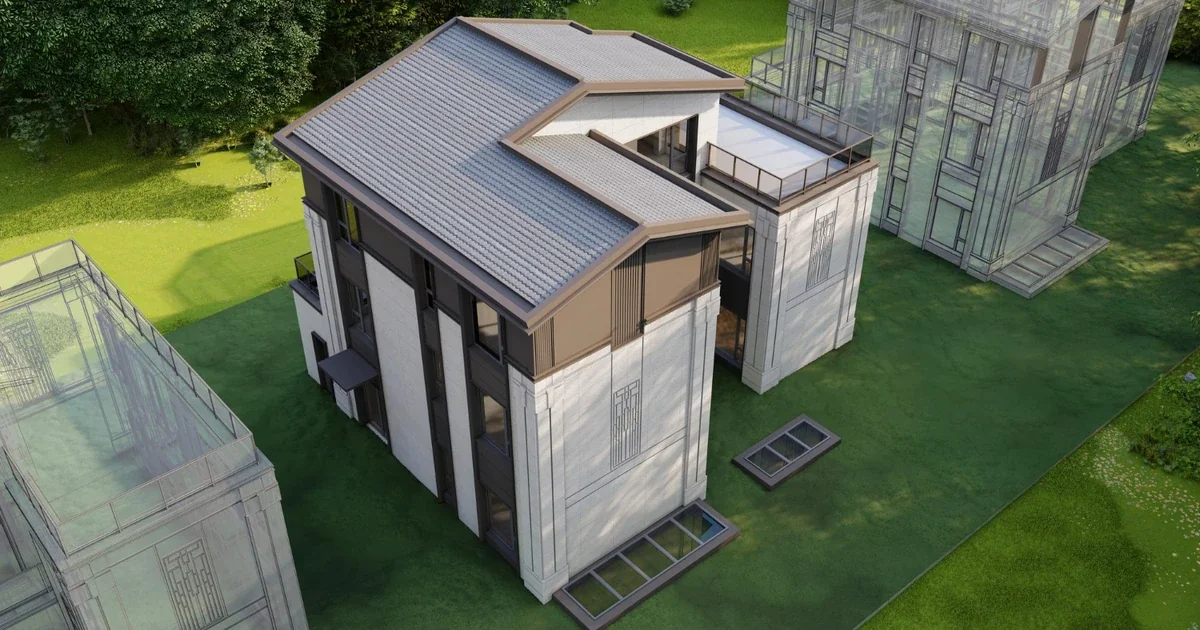Trends in Turkey’s 2025 Real Estate Market: Price Forecasts & Istanbul Investment Opportunities
May 7, 2025
Recent data indicate that 2025 will witness accelerated movements in the Turkish real estate market. Home prices in Turkey have apparently risen to record levels—for example, the average apartment price in Istanbul jumped by about 29.6% in January 2025 compared to the previous year. However, this increase merely reflected severe inflation; real prices (after adjusting for inflation) fell by 8.8%. Conversely, housing sales volume rose to 1.48 million units in 2024, an increase of 20.6% year‑on‑year, demonstrating a notable recovery in domestic demand. Yet the share of foreign investors in these sales declined to only about 1.6% in 2024, as the number of apartments sold to foreigners dropped to 23,781 units (down 32.1% from 2023). This is mainly attributed to the government raising the investment threshold for Turkish citizenship to USD 400,000 in 2022, while offering other incentives (such as granting residence permits to property buyers). At the same time, the Turkish economy grew modestly—about 3.2% in 2024—with forecasts of slower growth of around 2.6% in 2025. The economy faces inflationary challenges: the annual inflation rate reached about 39% in early 2025, though indicators point to a gradual easing of inflation.
The urban skyline of Istanbul reflects the strength and diversity of the Turkish real estate market. Analyses show that central Istanbul and its extensions will remain of interest to investors. For example, apartment prices in Istanbul are expected to continue rising by between 5% and 10% in 2025, driven by large infrastructure projects and residence‑permit programs for foreign investors. According to specialized reports, the price per square meter in Istanbul was around ₺55,500 (USD 1,520) in 2024—the highest in the country. New investments and the revival of infrastructure projects are expected to produce a balanced price increase, although the economic and political environment remains a key determinant of the optimal timing for investment.
Impact of New Legislation on Foreign Real Estate Investment
Turkey introduced legislative amendments to stimulate foreign real estate investment, positively affecting property purchases. The Reciprocal Ownership Law removed the requirement of reciprocity, allowing citizens of over 100 countries to buy property in Turkey without restrictions. The government’s citizenship‑by‑investment program (requiring property purchases of USD 400,000 or more) launched in recent years has encouraged thousands of foreign investors to apply for citizenship. Data show that this program attracted about 3,000 foreign investors in the first half of 2024, boosting demand for luxury properties. The government also adjusted bank‑lending requirements for foreigners: in early 2024, banks such as DenizBank began offering mortgages to foreign buyers of up to 50% of the property’s value (with repayment terms up to five years and a monthly interest rate of 1.25%)—where previously developer installment plans had been the only option :contentReference[oaicite:0]{index=0}. Despite these encouraging laws, foreign investor demand has recently waned due to economic volatility and intense competition for Turkish properties. Therefore, foreign investors are advised to carefully review current laws and the conditions for obtaining residence and citizenship before purchasing, in order to leverage incentives (such as temporary tax exemptions on certain projects) and avoid potential obstacles.
Most Attractive Districts in Istanbul
Several districts in Istanbul have emerged as preferred destinations for investors due to their development potential and strategic locations. On the European side, Başakşehir has become a vibrant emerging commercial center, combining modern residential units with major infrastructure projects, making it a promising growth area :contentReference[oaicite:1]{index=1}. The Basin Express corridor is also attracting attention for its connections to major transport arteries (the E‑5 and E‑80 highways) and hosts numerous residential complexes and commercial offices :contentReference[oaicite:2]{index=2}. In the city center, neighborhoods such as Şişli and Maslak offer a mix of residential and commercial investment opportunities, thanks to their proximity to urban centers and city landmarks. On the Asian side, focus falls on districts like Ümraniye—linked to the coastal highways and the Bosporus—and Kartal, near Sabiha Gökçen International Airport, as well as Maltepe, overlooking the Sea of Marmara. These areas offer diversity between new apartment investments and commercial complexes, and are expected to benefit from the new Istanbul Canal project and ongoing population growth.
General economic conditions play an important role in the real estate market. Turkey recorded economic growth of 3.2% in 2024 after years of high growth, with forecasts for a slight slowdown in 2025. Annual inflation has begun to ease gradually from its previous peak but remained high—around 39% in early 2025—affecting local purchasing power. In this context, foreign investors have benefited from purchasing power in foreign currencies due to the depreciation of the Turkish lira; as the lira weakens against the dollar/euro, property prices in local currency become more attractive. The government has adopted monetary policies to support stability, gradually cutting interest rates to curb inflation and rebalance the economy. On the other hand, lower borrowing costs in lira encourage domestic borrowing, but higher future interest rates (such as the emergency rise to 46% recently) may divert some investors toward bank investment instruments rather than the real estate market. Thus, monitoring the Turkish economy and exchange rate remains crucial for both foreign and domestic real estate purchase decisions.
Read also:
- 10 Golden Tips for New Real Estate Investors in 2025
- How Smart Cities Will Transform Saudi Real Estate by 2030
Conclusion
In light of the above, the Turkish real estate market in 2025 is set to maintain its appeal to foreign investors despite some economic challenges. Prices are rising cautiously amid improved demand and a shortage of new units, and gradual wage growth and government incentives present investment opportunities. However, foreign investors are advised to diversify their portfolios (residential, commercial, and tourism) and closely follow legislative and economic developments. Turkey remains a promising destination for investors; with proper risk management and focus on emerging districts, good rental yields and capital growth can be achieved over the medium term.
Sources
Foreigners can now obtain mortgages to buy real estate from a Turkish bank - Yekta Homes
Turkey Residential Real Estate Market Analysis 2025 - Global Property Guide
Keywords
What is your budget?
Recommended Articles

December 15, 2025
How to Choose the Right Property in the UAE? 2026 Investor Guide
How to choose the right property in the UAE for 2026. A comprehensive guide covering best areas, ROI calculation, and off-plan buying risks.

November 13, 2025
Turkey’s 2025 Economic Program: How Will It Affect Inflation, the Lira, and the Real Estate Market?
The new Turkish economic program: what it means for investors and how it will impact inflation, the lira, and real-estate investment opportunities in Turkey.

July 8, 2025
Modular vs. Traditional Construction: Speed, Cost, and Durability
A comparison of modular and traditional construction in terms of execution speed, project costs, and durability—essential insights for real‑estate investors.
